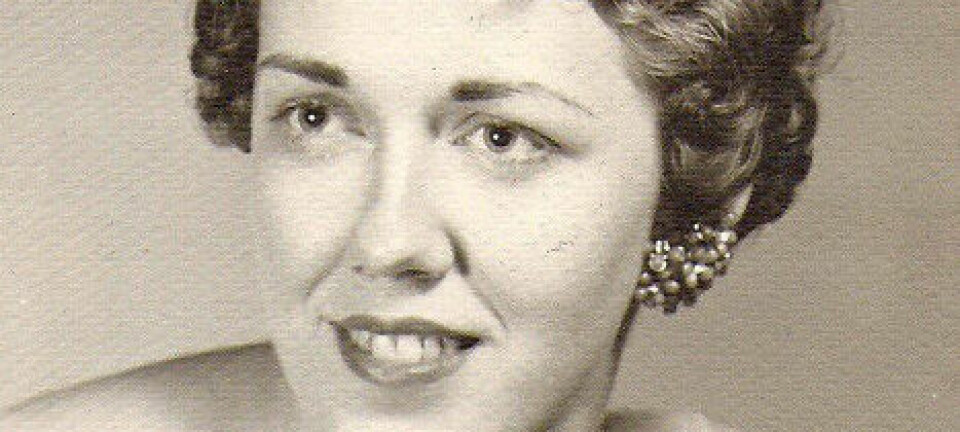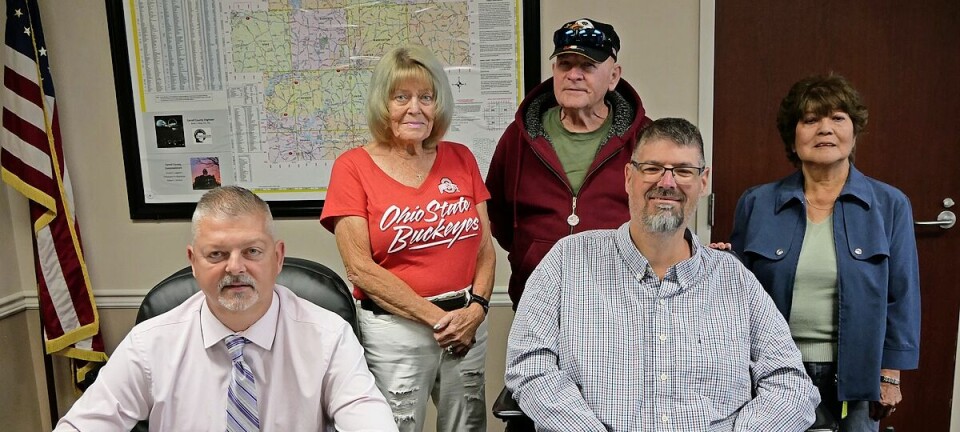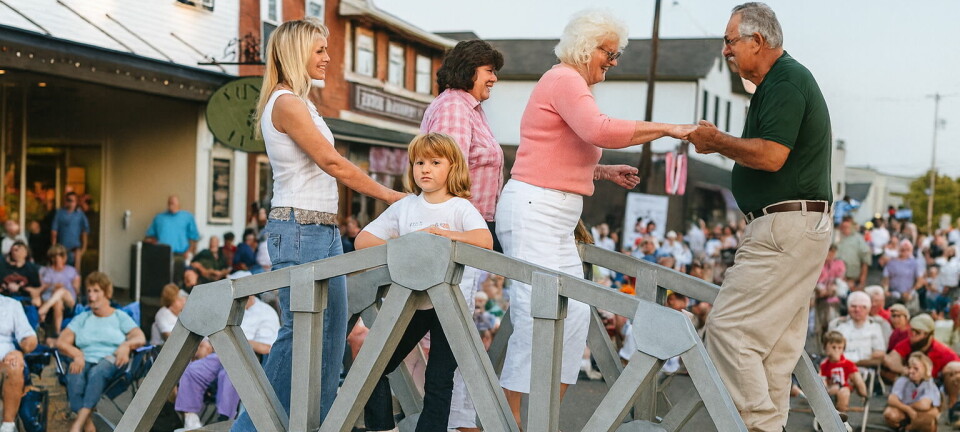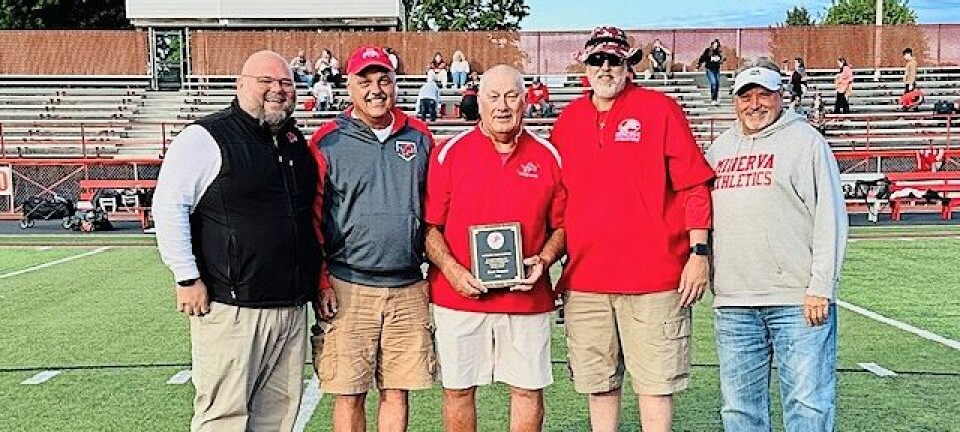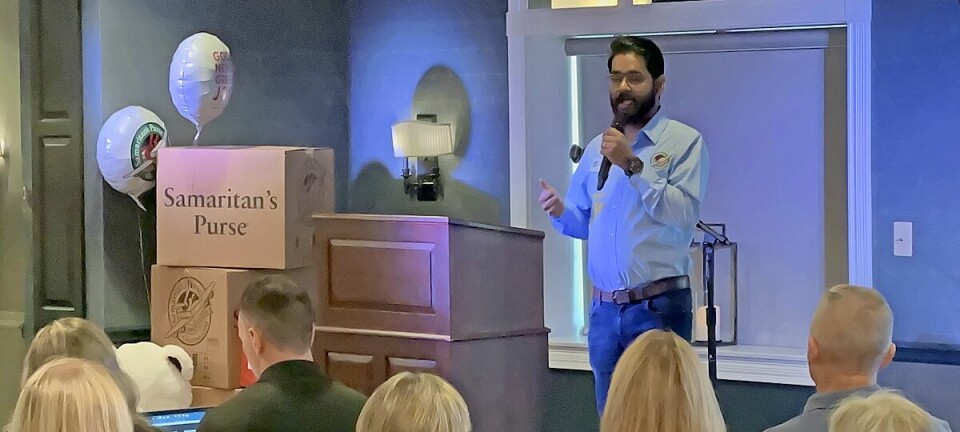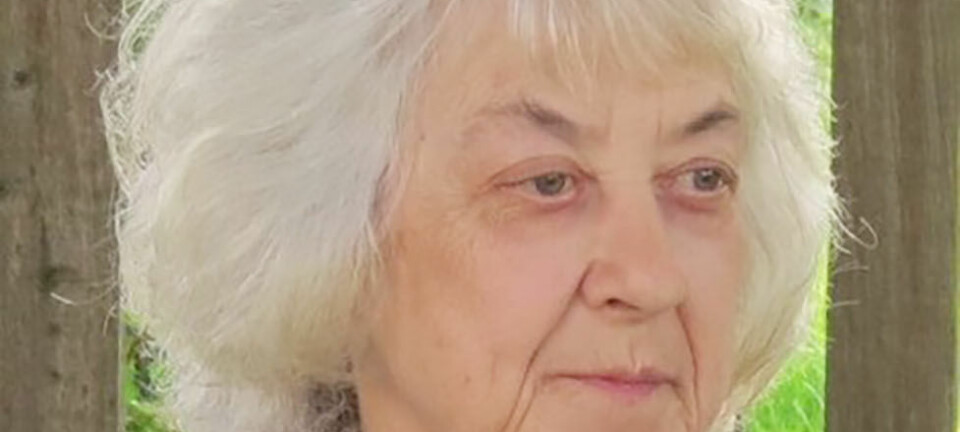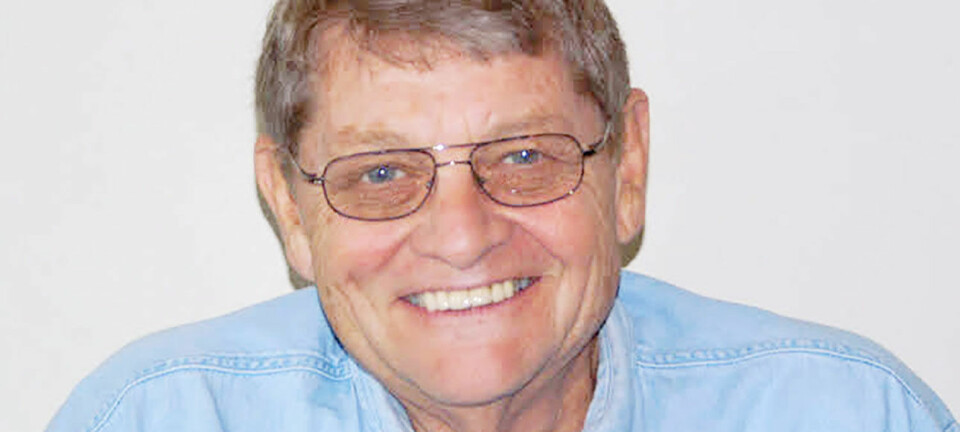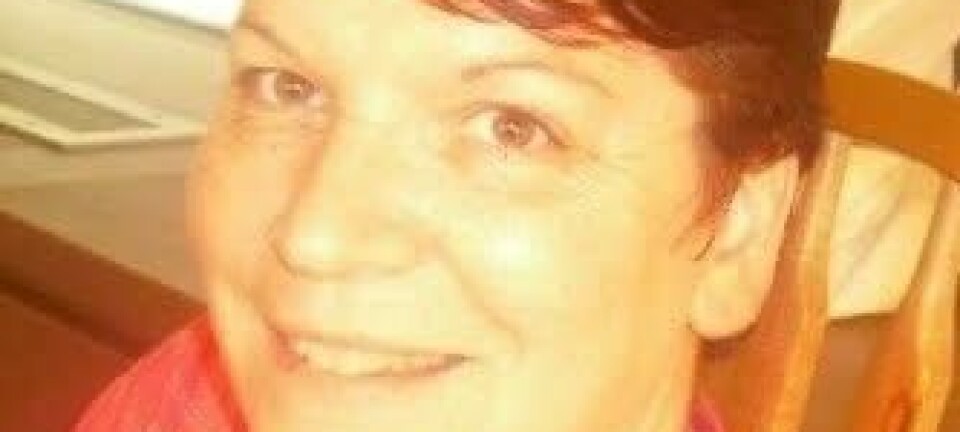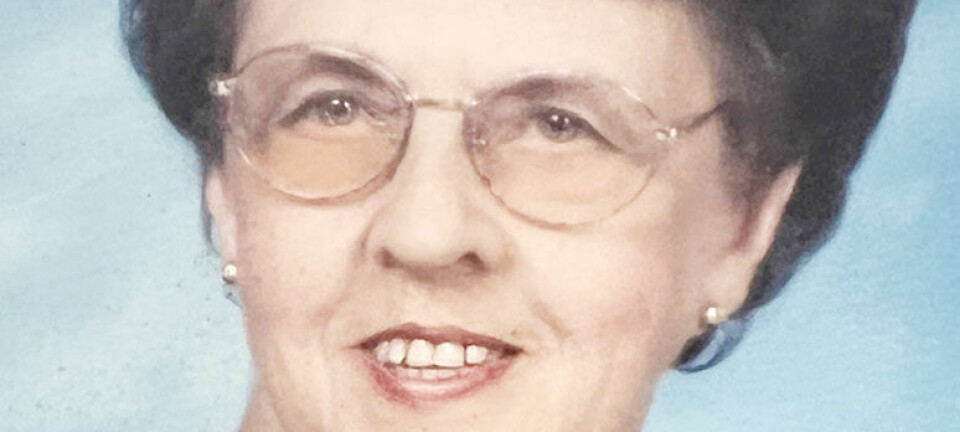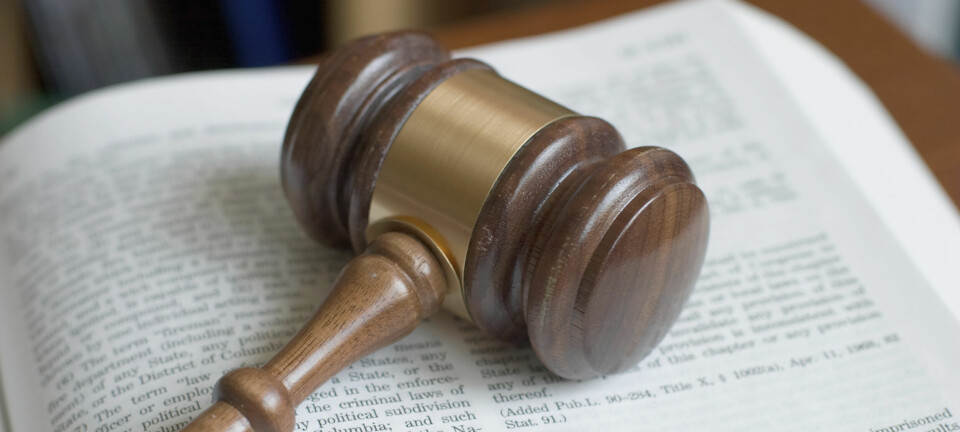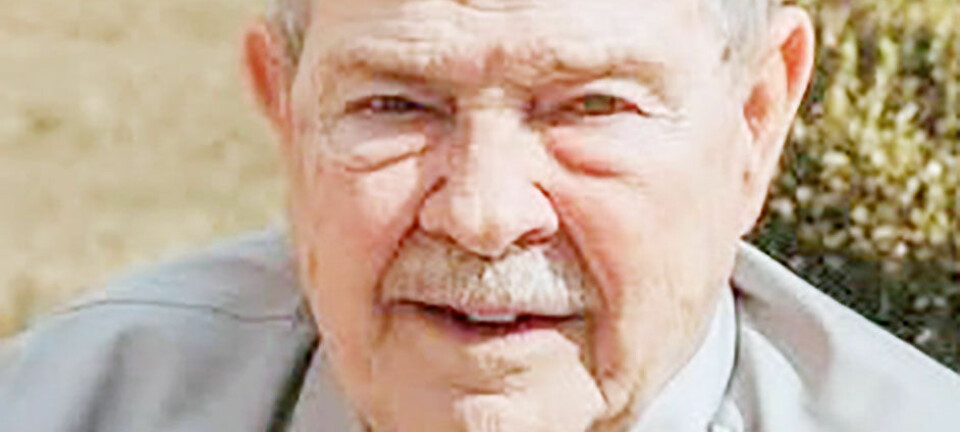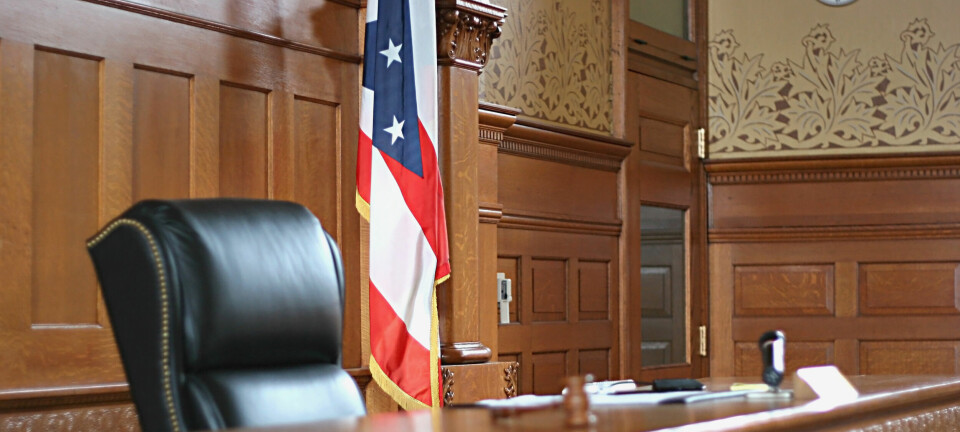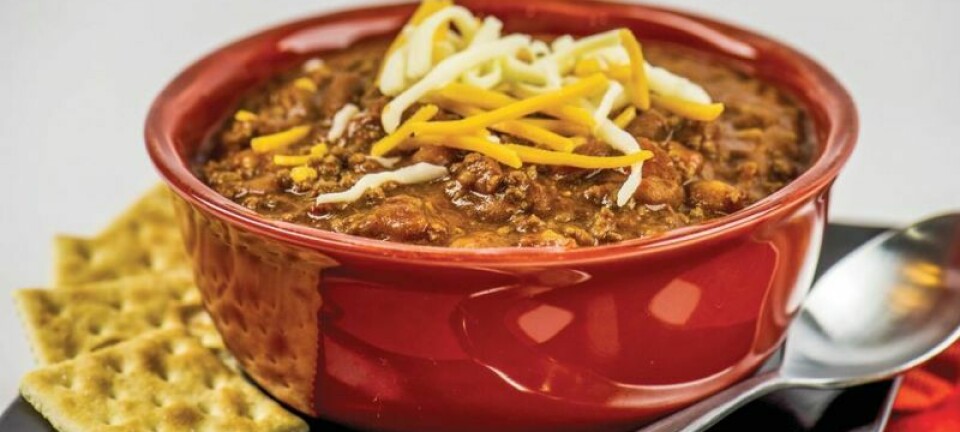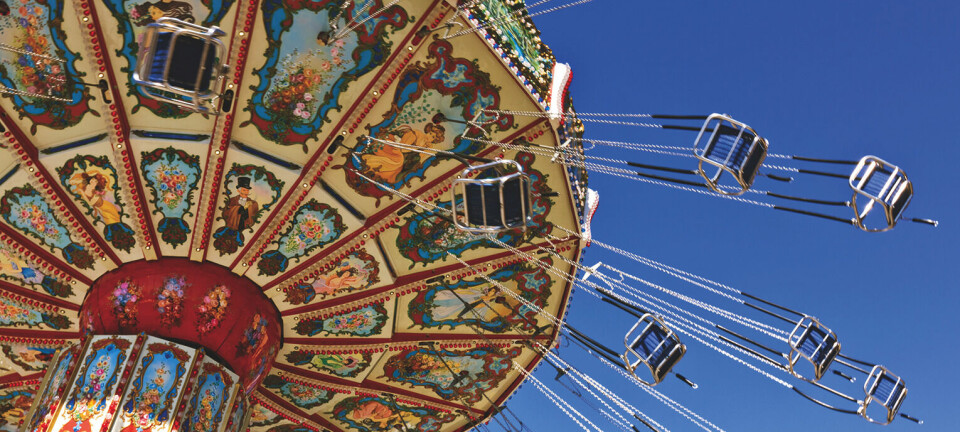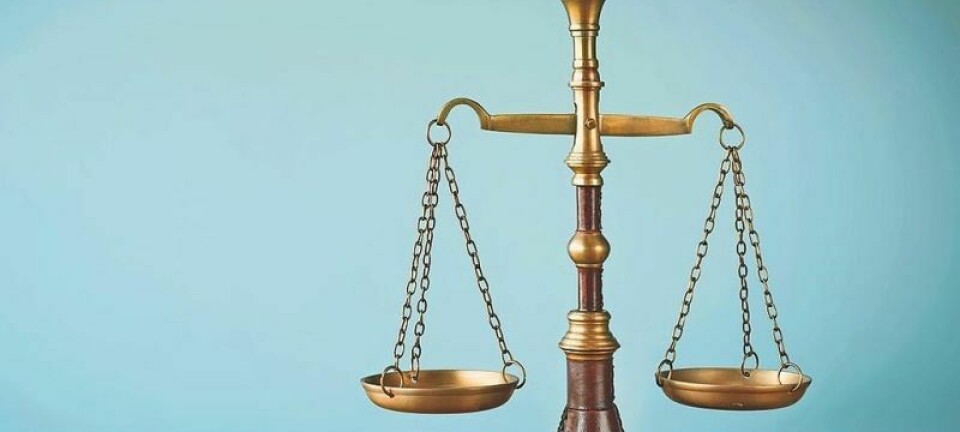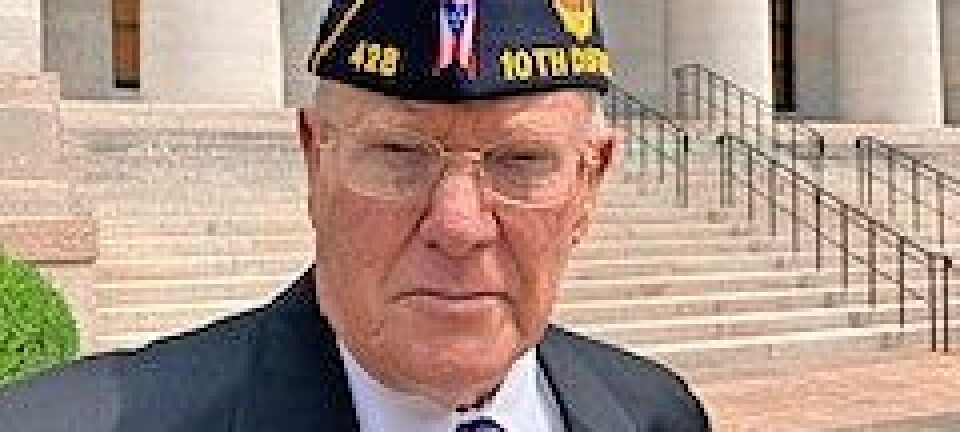Keynote speaker reflects on King's legacy
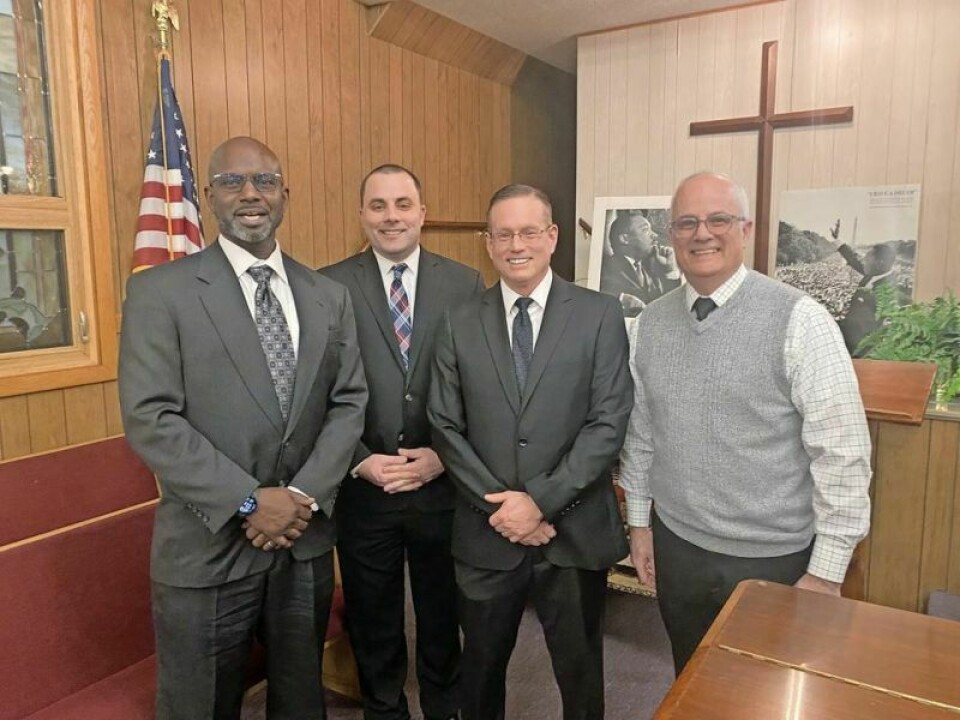
Dover First Baptist Church has, since the holiday became officially recognized in 1986, observed Martin Luther King Jr. Day with a special service celebrating the late civil rights leader in word and song.
This year keynote speaker Rev. Jim Borton spoke to the gathering about King’s fearlessness in pursuing a nonviolent path to equality. The observance was held at the church on Regent Street in Dover on Monday, Jan. 15 at 7 p.m.
After introductions by master of ceremonies and New Philadelphia Law Director Marvin Fete, Dover Mayor Shane Gunnoe offered a Scripture reading just after Rev. Rasheed As-Samad of First Baptist Church opened the evening with prayer. Borton then rose to speak.
“I feel completely unqualified to speak this evening,” Borton said. “I grew up in the '70s in what was frankly a privileged environment. I thought at the time it was a level playing field, but looking back, it’s obvious that everything was slanted to my advantage. I’ve learned a lot about civil rights, about Dr. King and about race relations, but I didn’t live it.”
As a current example, Borton spoke of his son going to college without the need for special instruction. “I didn’t have to have a conversation about what to do if he were to be pulled over by police. I didn’t live it. My privilege meant I could only learn it through studying.”
Borton went on to speak of the biblical character Jonah, who he said also was mired in his own privilege. Sent by God to preach against the sins of Nineveh, Jonah instead boarded a boat heading in the opposite direction.
“Jonah had a vision problem because he didn’t see the people of Nineveh the same way God did. Jonah hated the people of Nineveh because of past atrocities and could not understand why God would want him to go and preach among ‘those people.’ Jonah doesn’t want to deal with ‘those people.’ We each need to ask ourselves, 'Is there a Nineveh in our own lives?'”
After spending time in the belly of a fish, Jonah is eventually spat out onto the shore going in the right direction. Dr. King went to preach among those who had wronged his people in obedience to his calling, facing arrest and persecution, Borton explained, choosing not to flee what he knew was right.
As-Samad then spoke briefly again. “Dr. King’s work is undone. The movement continues today.”
He asked in prayer that people remember to reach out for new personal connections. “Allow us to be soldiers in the war for civil rights and equality for all of us.”
After the ceremonies As-Samad said King’s name still holds power today. “It does have power today, but I think people tend to misunderstand what he stood for. Dr. Martin Luther King was a true David facing Goliath. He was willing to die. He knew what he was risking to further the rights of other people. I think people get comfortable and complacent. That’s not what Dr. King stood for. We are never supposed to stop fighting for civil rights. That cannot stop until everyone is considered equal.”
As-Samad compared the status of equality in the United States today to the economy. “It has peaks and valleys. Unfortunately, I think we’re in one of those valleys. To bring people together, it takes a tragedy, like 911 or Pearl Harbor. But Dr. Martin Luther King’s dream will be truly realized when we don’t need a tragedy to bring us together. We will truly be equal when we can look at one another, consider one another and recognize one another as equals.”
The gathered congregation wrapped up the evening by singing “We Shall Overcome,” a hymn of the civil rights movement.


